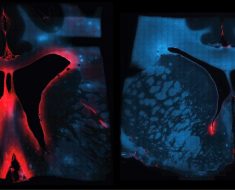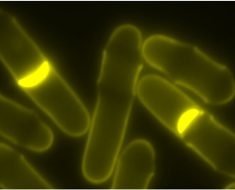An analysis of UK newspaper reporting of the NHS Cancer Drugs Fund (CDF) between 2010 and 2015 shows that despite some critical analysis, the mostly positive stories are likely to have contributed to the CDF’s continuation, despite mounting evidence of its ineffectiveness. Close to £1.4 billion in total has been spent through the CDF which has subsequently been reconfigured and is now under the control of the National Institute for Health and Care Excellence (NICE).
The research, published by the Journal of the Royal Society of Medicine, was based on stories in nine national newspapers in the UK. As well as looking at whether stories were positive, neutral or negative, the researchers from the Institute of Cancer Policy, King’s College London and the University of Bristol measured the influence of each newspaper’s reporting of the CDF, based on circulation and number of stories.
Lead researcher Dr. Grant Lewison said: “Our analysis showed there was three times as much coverage in favour of the CDF as against. Media reports did not scrutinise the discrepancy between those drugs available through the CDF and those diseases with the greatest health burden, the toxicities of the medicines, nor the opportunity cost of the CDF for other cancer treatments.” He added: “Access at any cost was a clear totem around which the pro-CDF media based its coverage. The views of experts who pointed out the intrinsic unfairness of the CDF or the lack of efficacy of, and unpleasant side effects from, many of the drugs seem to have counted for little against the human interest stories of individual patients.”
The preponderance of stories on chemotherapy, compared with surgery and radiotherapy, has, according to the researchers, probably contributed to a strong public perception that the best way to help cancer patients and improve outcomes is to allow them access to new (and expensive) medicines, whose performance is often hyped and gives rise to unreasonable expectations.
Source: Read Full Article





